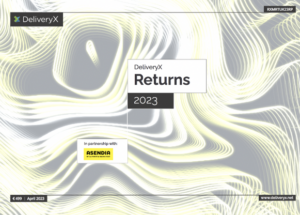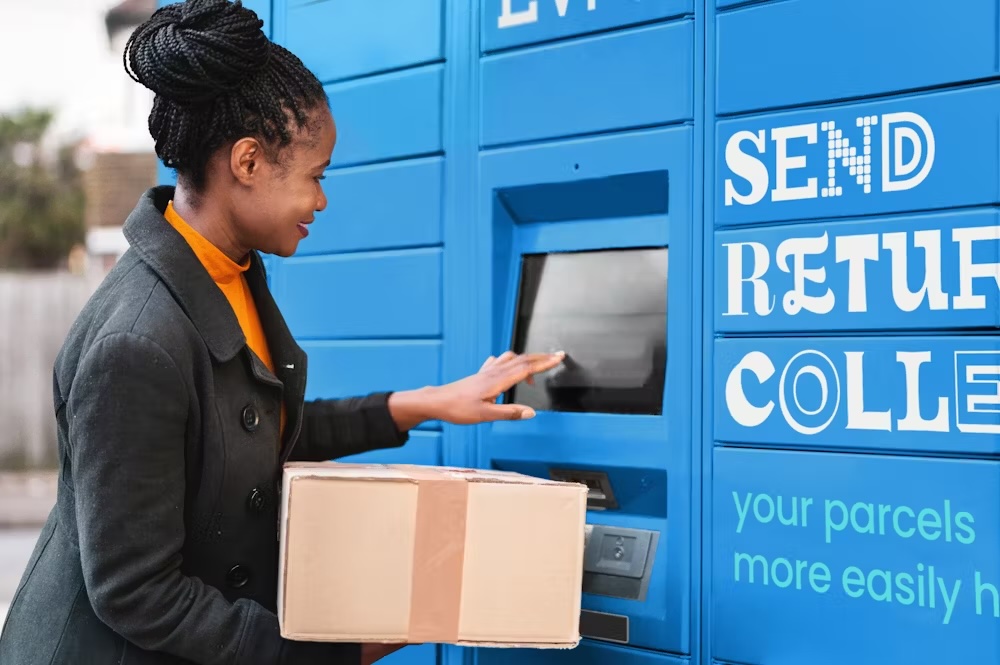New global research from DHL Supply Chain has found 17% of businesses are turning to disposal as their primary method for handling returned items that aren’t being restocked and sold.
With returns increasing on average 19% in the last two years, recent inflation is causing businesses concern and hastening the need for change.
According to the research, which surveyed ecommerce decision makers in retail and consumer goods businesses, nearly half of the businesses are considering changes to returns handling processes to bring down the cost and environmental impact of returns.
Returns handling processes that aren’t designed for the current large volumes are a major source of the challenge. Retailers are struggling to effectively process and extract maximum value out of returned items leading to financial loss as well as environmental waste.
Furthermore, a lack of integration between ecommerce and other channels is exacerbating the problem as it reduces the ways in which returned items can be restocked and resold. Designing product flows and cycles in the most efficient, and environmentally friendly way is key to tackling this challenge.
While the financial burden of returns is being felt more acutely due to global economic instability, environmental concern remains one of the main drivers for change. A third of businesses stated they are already calculating the carbon emissions associated with returns and the same number plan to start doing so. What’s more, nearly nine out of 10 retailers have plans or targets to reduce carbon emissions associated with returns.
As well as looking at returns handling, businesses are exploring the use of technology to drive down volume such as virtual fitting rooms. Meanwhile, many businesses are considering changes to their customer returns policies with a quarter of those surveyed exploring charges for returns not made in-store. However, these changes are being approached with caution due to concerns they could impact customers.
Nabil Malouli, senior VP ecommerce & returns global, DHL Supply Chain, said: “We’ve reached a tipping point in returns both financially and environmentally, and retailers are right to examine their current returns processes and reverse supply chains.
“Our research shows that customer experience remains the number one priority for retailers but that doesn’t have to be sacrificed with dramatic changes to returns policies.
“Innovative ways to bring down overall volumes, combined more sophisticated returns handling capabilities allow retailers to offer faster refunds, quickly restock across multiple channels, repair for resale, and recycle responsibly. Enhancements like these have the potential to drive-up revenue and reduce waste, while also enhancing the overall customer experience.”
Read more in the DeliveryX Returns 2023 report, which explores how technology could be key, not only in reducing returns through better fit platforms, but also in understanding the reason consumers are sending items back in the first place. A better consideration of the returns process could be critical in a year impacted by record-high inflation and faltering consumer confidence.










